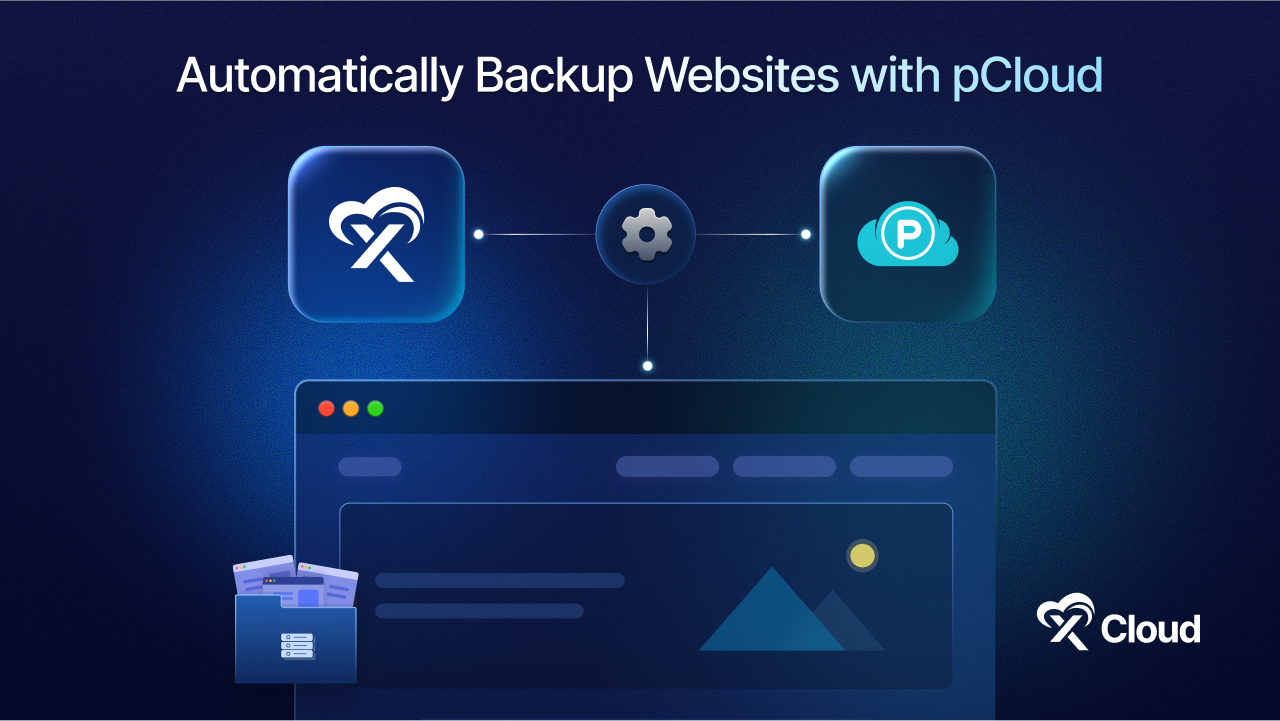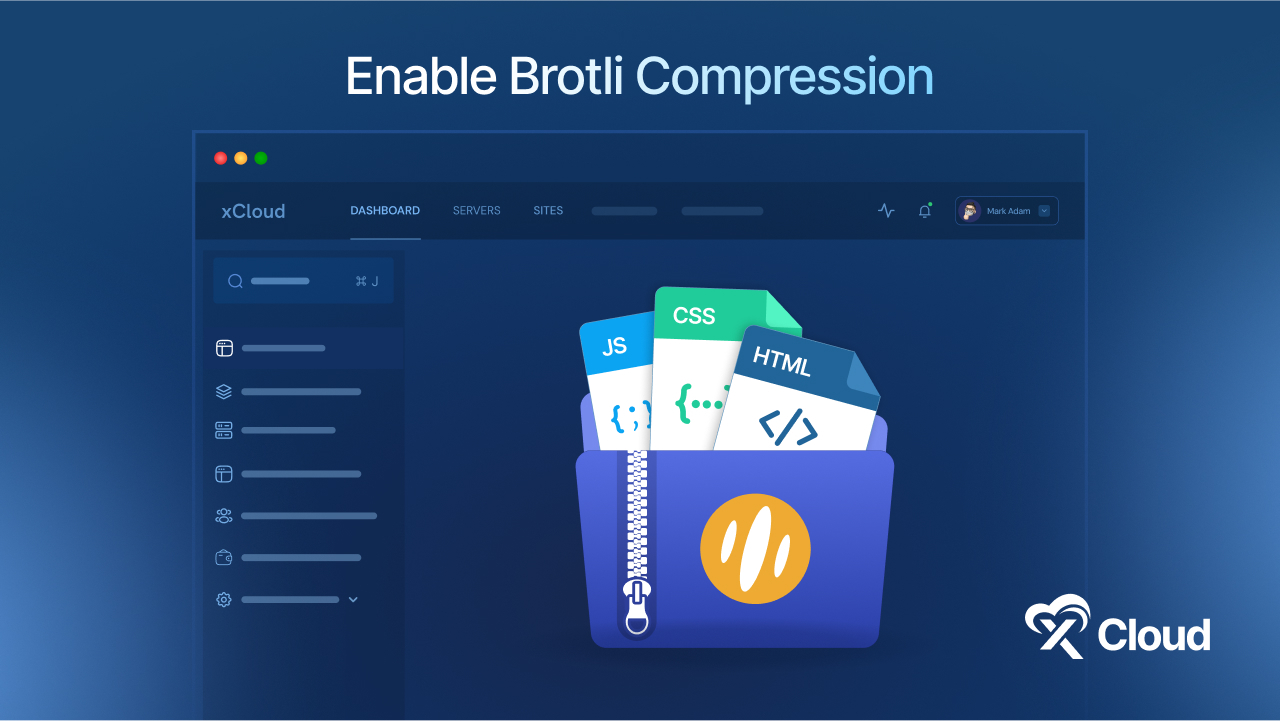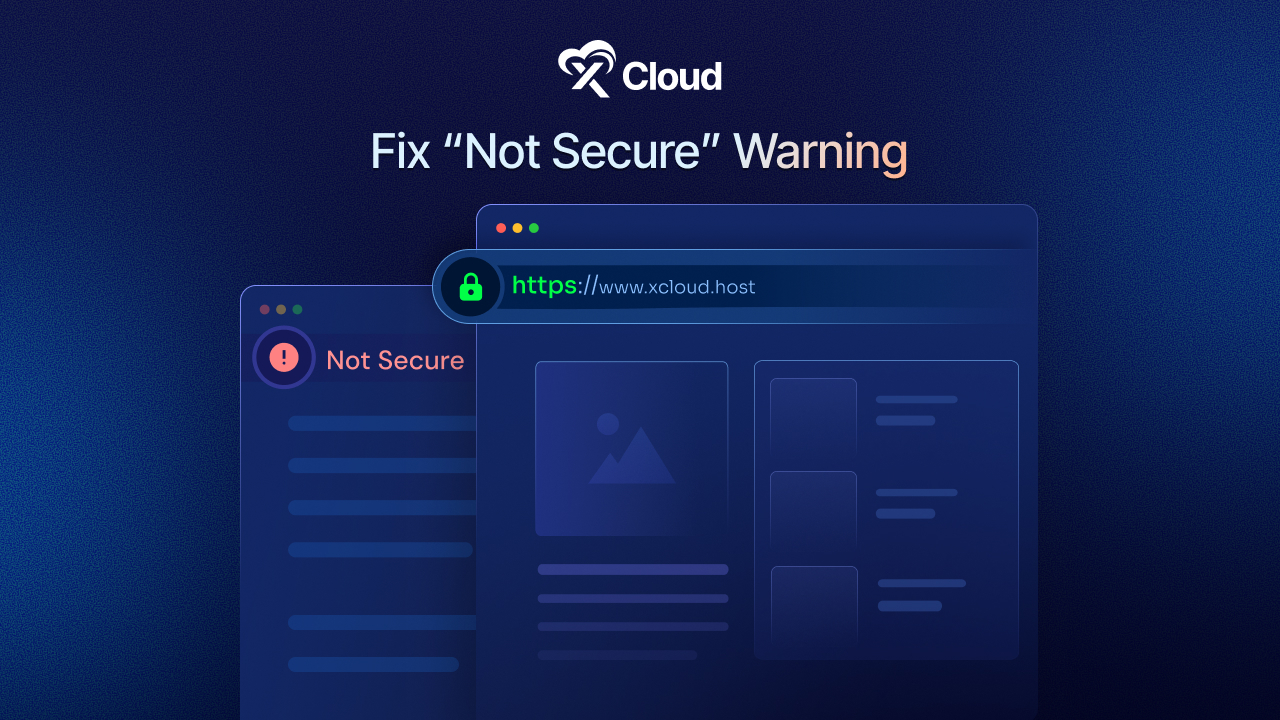Within the domain of web hosting services, Shared Hosting, VPS (Virtual Private Server), and Cloud Hosting have emerged as key contenders, each offering distinct advantages and catering to varied hosting requirements. Shared Hosting offers an economical solution by hosting multiple websites on a single server.
VPS provides a dedicated virtual environment within a shared server, offering more control and resources. On the other hand, Cloud Hosting utilizes a network of virtual servers to deliver scalability and reliability. Deciding which service suits you best depends on factors like website traffic, technical expertise, and budget constraints. Let’s explore these hosting options further to help you determine the ideal fit for your online endeavors.

What Is Shared Hosting?
For people and small businesses trying to get online without going over budget, shared hosting is a popular choice. A single physical server is used for hosting several websites under shared hosting, and each website shares the server’s resources—CPU, RAM, and storage space. Because all users split the cost of server maintenance and resources, shared hosting is an economical option thanks to this configuration.

Benefits of Shared Hosting
Shared hosting offers cost-effective solutions with easy setup, maintenance handled by the provider, scalability, and 24/7 customer support.
Cost-Effective Solution
Shared hosting is one of the most budget-friendly options available, making it ideal for individuals and small businesses with limited budgets. Since the server resources are shared among multiple users, the overall cost is significantly lower compared to other hosting options.
Ease of Setup And Hosting Management
Shared hosting providers typically offer user-friendly control panels, such as cPanel or Plesk, making it easy for users to set up and manage their websites without requiring advanced technical knowledge. Tasks like installing applications, managing email accounts, and monitoring website performance can be done with just a few clicks.
Technical Maintenance Handled by Hosting Provider
With shared hosting, the hosting provider takes care of server maintenance tasks, including hardware upgrades, security patches, and software updates. This allows users to focus on creating and managing their websites without worrying about the technical aspects of server management.
Scalability
Shared hosting plans often offer scalability options, allowing users to upgrade their hosting plans as their websites grow and their resource needs increase. This flexibility ensures that users can easily accommodate changes in website traffic and resource requirements without experiencing downtime or performance issues.
24/7 Customer Support
Shared hosting providers typically offer round-the-clock customer support to assist users with any technical issues or questions they may encounter. Whether it’s troubleshooting website errors, resolving server issues, or providing guidance on best practices, reliable customer support ensures that users have assistance whenever they need it.
What Is VPS(Virtual Private Server) Hosting
Compared to shared hosting, VPS (Virtual Private Server) hosting offers customers a more potent and adaptable hosting solution. A physical server is divided into several virtual servers in VPS hosting, each of which runs independently and has its own set of dedicated resources, such as CPU, RAM, and storage capacity. Compared to shared hosting, this configuration gives users more control, security, and customization choices; so it is appropriate for people and enterprises requiring more technical know-how and resources.

[Canva]
Benefits Of VPS Hosting
Dedicated resources, improved speed, scalability, customization possibilities, and cutting-edge security measures are all provided by VPS hosting to users who want more flexibility and control over their platform.
Dedicated Resources
Unlike shared hosting, where resources are shared among multiple users, VPS hosting provides users with dedicated resources allocated to their virtual server. This ensures consistent performance and reliability, even during peak traffic periods, as users have exclusive access to their allocated CPU, RAM, and storage.
Enhanced Performance
With dedicated resources and isolated server environments, VPS hosting offers improved performance and faster loading times for websites and applications. Users benefit from increased processing power and bandwidth, resulting in a smoother and more responsive online experience for visitors.
Root Access And Customization
VPS hosting grants users root access to their virtual server, allowing them to customize server configurations, install software applications, and implement security measures according to their specific requirements. This level of control and flexibility enables users to tailor their hosting environment to suit their unique needs and preferences.
Scalability And Flexibility
VPS hosting offers scalability options, allowing users to easily upgrade or downgrade their hosting plans based on changing resource needs and website growth. Whether it’s increasing CPU and RAM allocations or adding additional storage space, users can scale their VPS resources without experiencing downtime or disruption to their services.
Enhanced Security Measures
VPS hosting provides enhanced security features, including isolated server environments, dedicated IP addresses, and customizable firewall configurations, to protect against potential security threats and unauthorized access. With greater control over security settings, users can implement robust security measures to safeguard their data and sensitive information.
What Is Cloud Hosting?
In cloud hosting, websites and applications are hosted on a virtual environment that draws resources from a vast network of physical servers. When a user accesses a website or application hosted on the cloud, the request is processed by the cloud server closest to the user’s location, optimizing response times and reducing latency. Additionally, cloud hosting platforms often employ load balancing and auto-scaling technologies to dynamically allocate resources based on fluctuating traffic levels, ensuring optimal performance and reliability.

[Bizfly]
Benefits of Cloud Hosting
Cloud hosting offers unmatched scalability, high availability, performance optimization, cost-effectiveness, and enhanced security features, making it an ideal choice for businesses seeking flexibility and reliability in their hosting solution.
Scalability And Flexibility
Cloud hosting offers unparalleled scalability, allowing users to easily scale their resources up or down based on changing demands. Whether experiencing sudden spikes in traffic or anticipating growth, users can dynamically adjust their resource allocations to accommodate fluctuating needs without experiencing downtime or performance degradation.
High Availability And Reliability
With its distributed architecture and redundant infrastructure, cloud hosting ensures high availability and reliability for websites and applications. In the event of hardware failures or server downtime, resources are automatically redistributed to alternative servers within the cloud, minimizing disruptions and ensuring continuous uptime.
Performance Optimization
Cloud hosting leverages geographic distribution and load-balancing techniques to optimize performance and reduce latency. By hosting resources closer to end-users and dynamically routing traffic to the most efficient servers, cloud hosting delivers faster response times and improved user experiences.
Pay-Per-Use Hosting Pricing Model
Cloud hosting typically operates on a pay-per-use pricing model, allowing users to pay only for the resources they consume. This cost-effective pricing structure eliminates the need for upfront investments in hardware and infrastructure, making cloud hosting accessible to businesses of all sizes and budgets.
Enhanced Security And Compliance
Cloud hosting providers implement robust security measures, including data encryption, firewalls, and regular security audits, to protect against cyber threats and ensure compliance with industry regulations. Additionally, cloud hosting platforms offer built-in disaster recovery and backup solutions to safeguard data and mitigate risks of data loss.
Making the Right Choice: Shared Hosting, VPS, or Cloud Hosting
In conclusion, the choice between Shared Hosting, VPS, and Cloud Hosting hinges on factors like budget, scalability needs, and technical proficiency. Shared hosting is budget-friendly and easy to use, ideal for beginners. VPS strikes a balance between dedicated resources and flexibility, suitable for moderate demands. Cloud Hosting offers scalability and reliability, making it perfect for businesses and high-traffic websites. By assessing your requirements and considering each option’s pros and cons, you can confidently select the hosting solution that best fits your needs.
If you have found this blog helpful, feel free to subscribe to our blogs for valuable tutorials, guides, knowledge, and tips on web hosting and server management. You can also join our Facebook community to share insights and engage in discussions.






